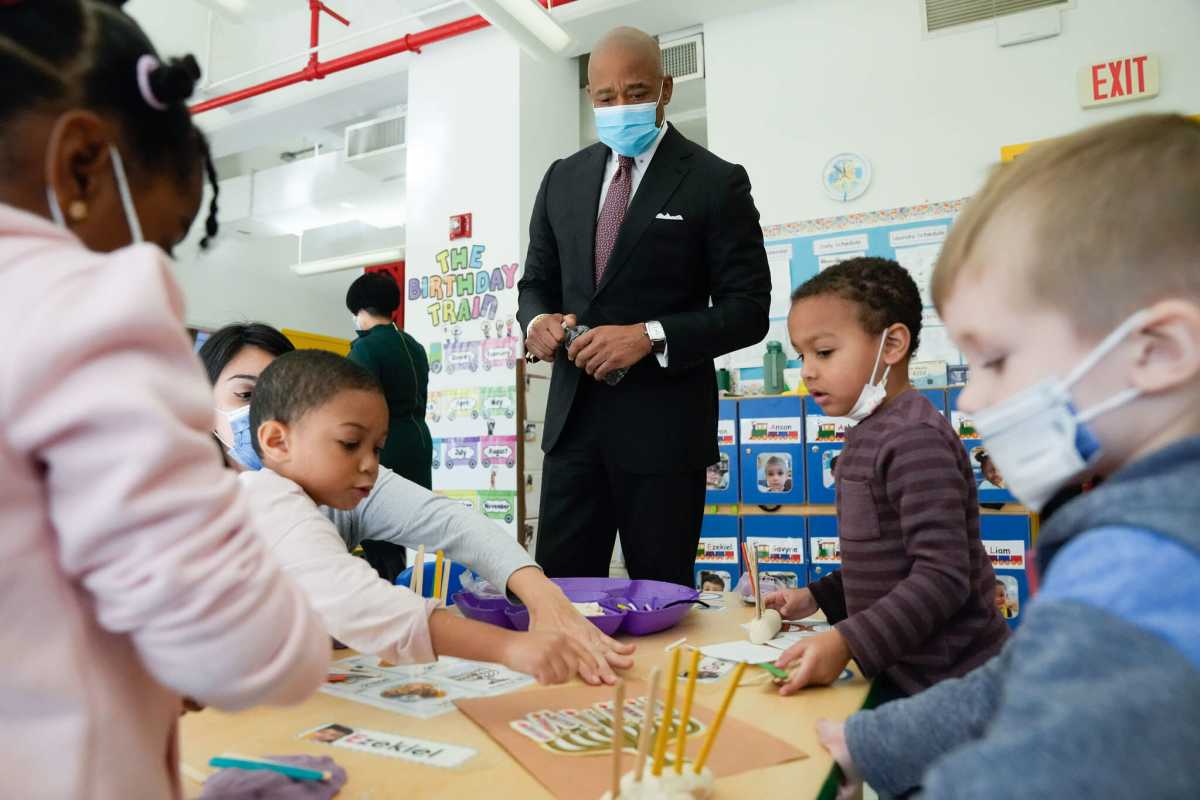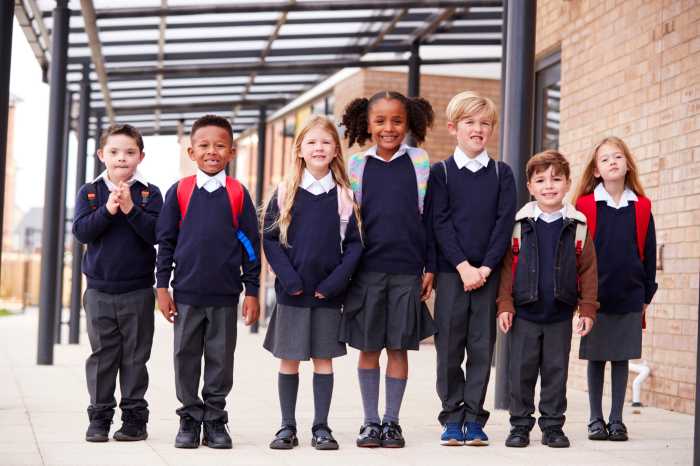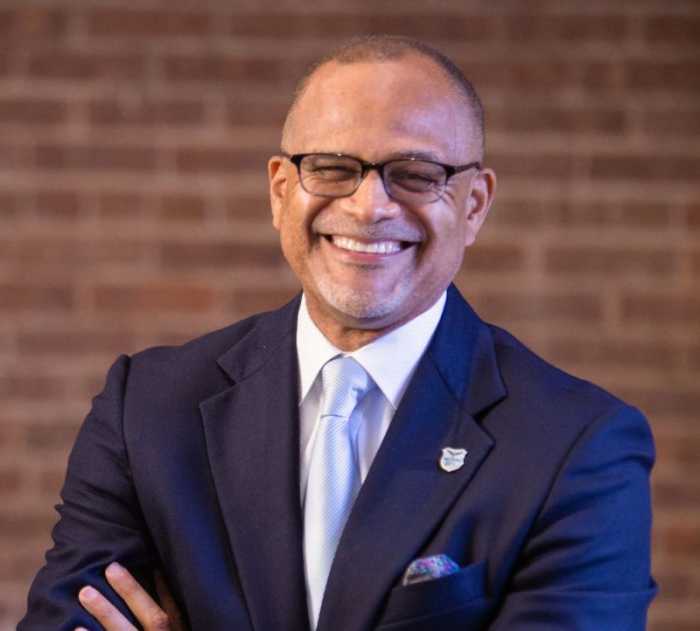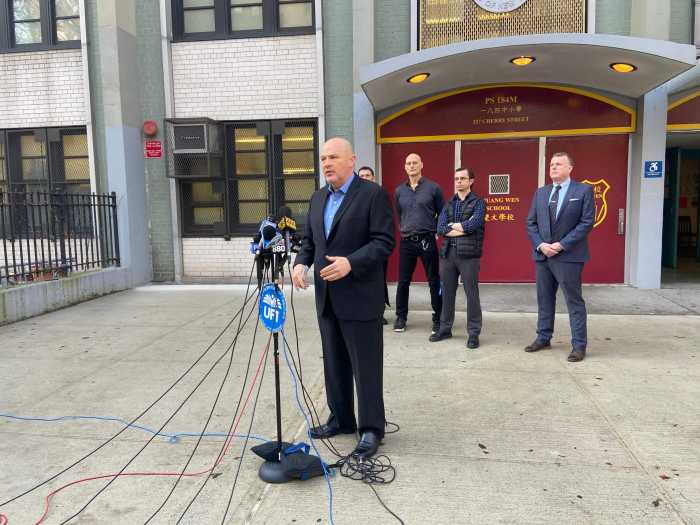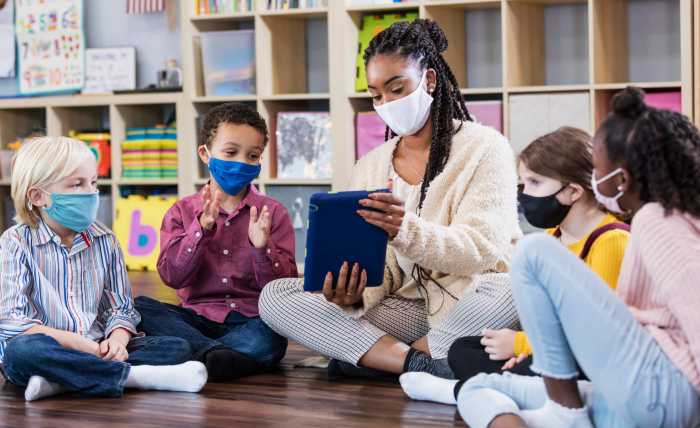New York City is justifiably proud of its 3-K and Pre-K programs, which serve tens of thousands of students across the city. But no program is truly universal if it doesn’t serve the needs of all our students, especially young children with special needs. These children deserve the same opportunities as their peers in general education, and when they have those opportunities and early intervention, they can flourish.
I speak from personal experience. I struggled with reading in school, but it wasn’t until I reached high school that I discovered I was dyslexic. When I received the help I needed, it opened the doors to so many opportunities. It put me on the path to be where I am today. And I want to ensure that every child, no matter their abilities, has a bright future, which is why my administration has made a historic investment in early childhood education for children with disabilities.
Moving forward, we will offer more seats for our special needs students in 3-K and Pre-K programs, and they will receive more hours of education. We will increase the length of the day among providers who were operating for 5 hours to more than 6 hours, so that they can better support our most vulnerable learners. This will match the day of children in general education programs. It has never made sense that those who needed more help have less time in the classroom.
We are also increasing the pay for our special education teachers among our contracted providers so that they are paid in line with teachers in other early childhood contracted programs. The difference in wages is unjust, and it has been going on for too long. My administration is making sure that our special education teachers can be properly compensated and our children can benefit from experienced, highly qualified educators.
The New York City public school system constantly strives to improve and to meet the needs of all of its students. Some of that improvement comes outside the classroom. We are committed to serving our children healthy and culturally appropriate meals in a comfortable and inviting setting. We want children of all religions to be able to participate in school meals, so we are reaffirming our commitment to ensure that all schools that request halal meals for their students can receive them.
And after two years of the pandemic, we realize how important it is for our students to be able to socialize during lunch, so we are investing $50 million in an improved cafeteria experience. We will begin work this school year to roll out 80-90 cafeterias that prioritize student comfort. There will be more options available in the salad bars and in hot and cold cases, so that students don’t have to spend their lunch period standing in line; they can pick up their food and spend more time enjoying school lunch in the new booth-style seating with their friends.
Our children are in school for 180 days a year, and being in school is such an important part of all our children’s lives. We want our schools to be places where every child feels seen and heard, where all children, no matter their background or ability, can learn inside and outside of the classroom and grow into well-rounded and emotionally secure citizens.



